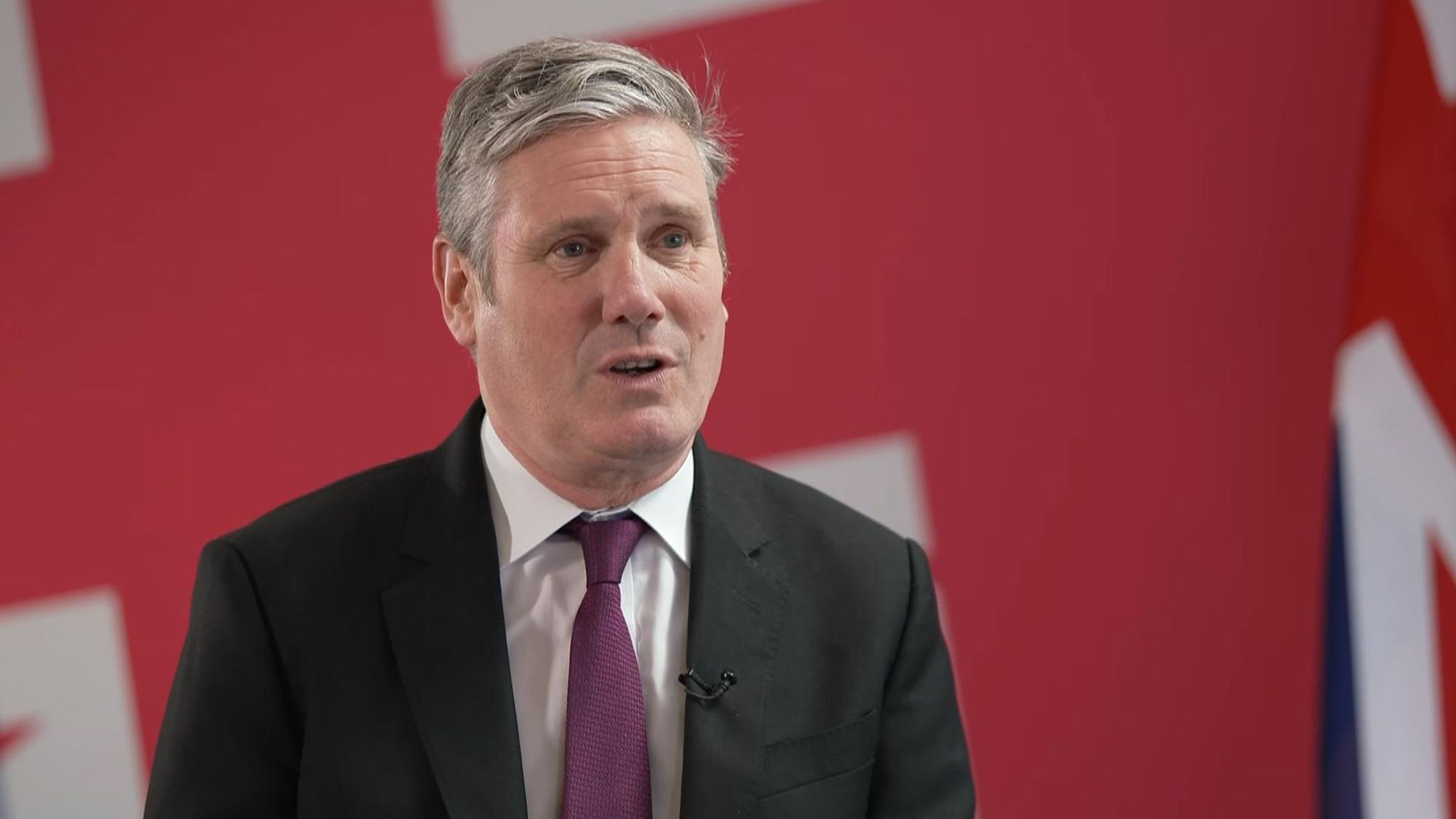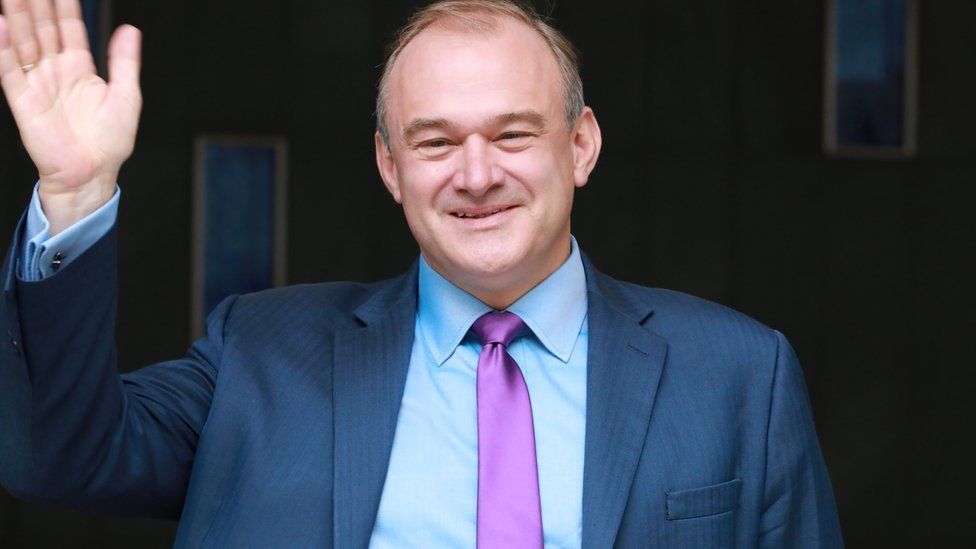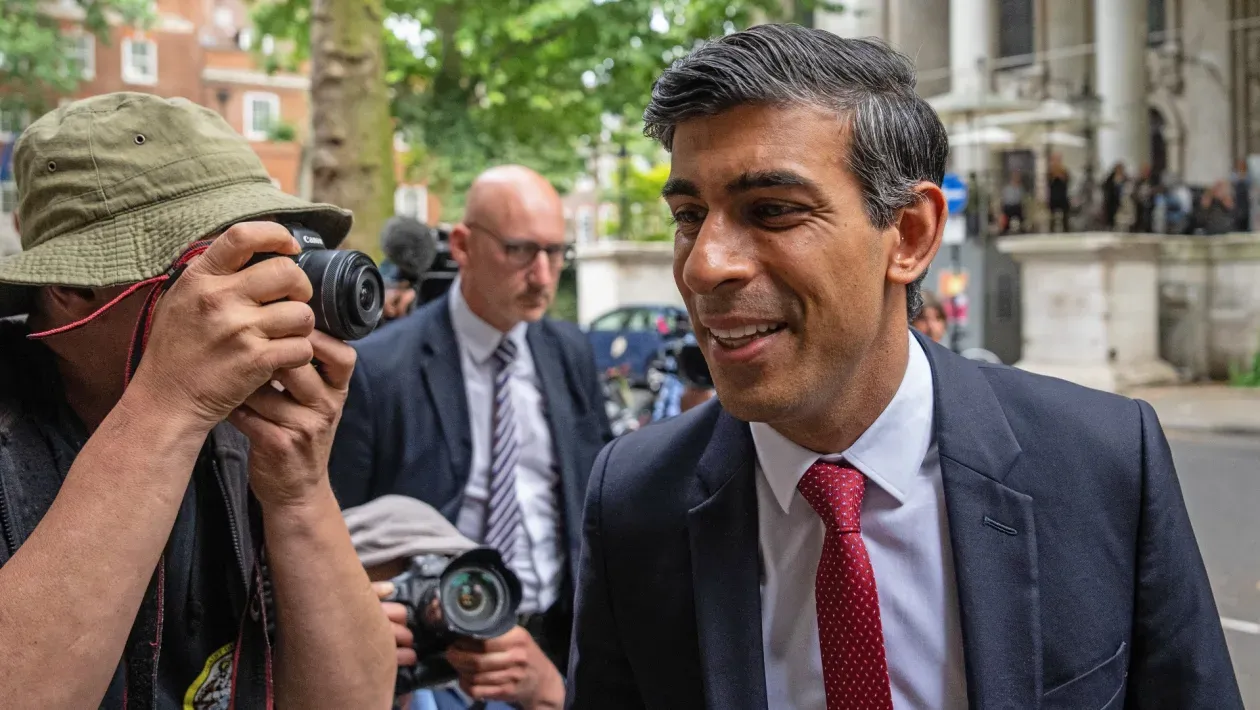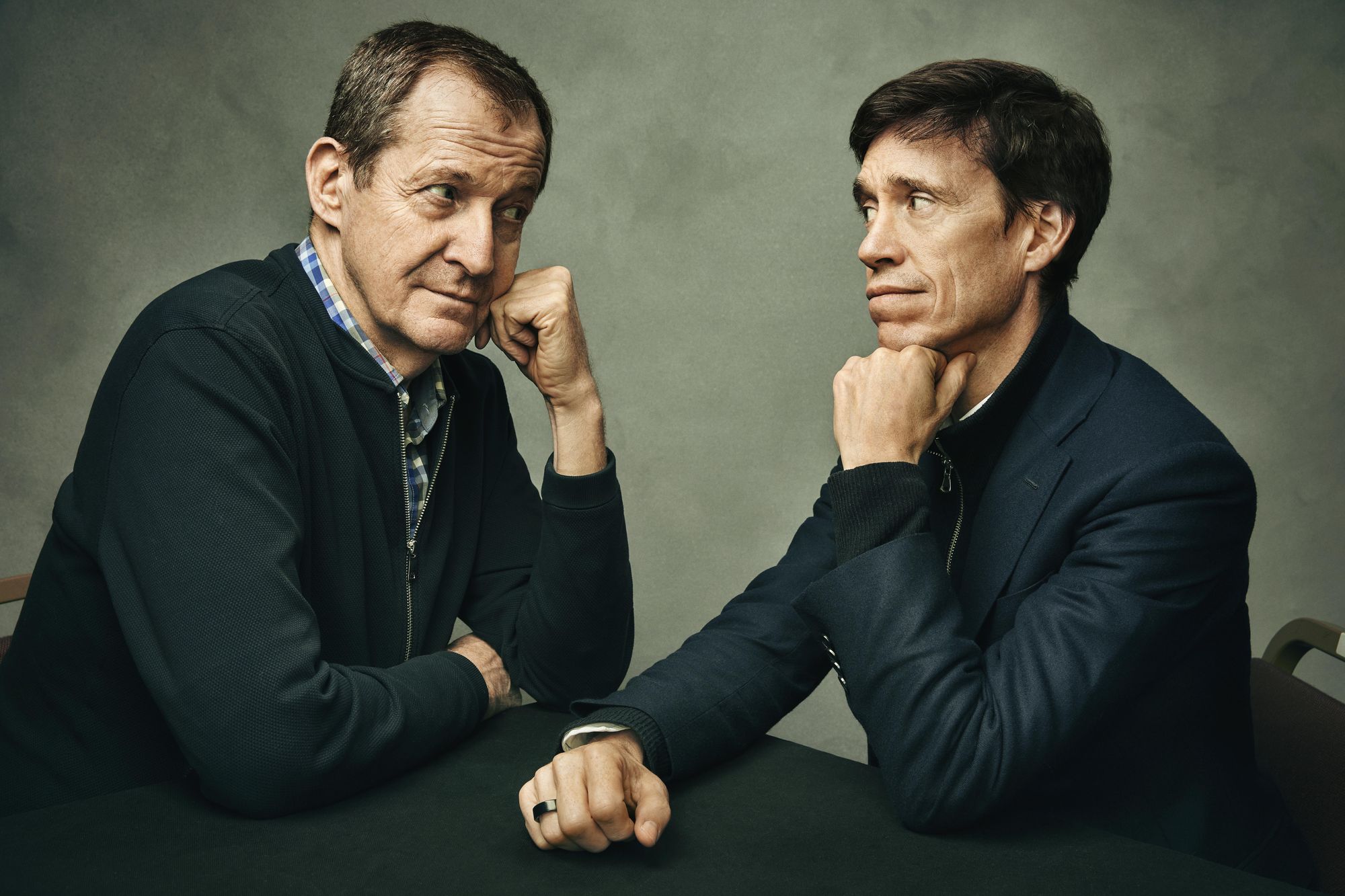Local Elections 2023: Winners and Losers

One would be forgiven, if watching BBC News' coverage of the UK 2023 local elections, for believing that the outcome was troubling for The Labour Party. An oddly funereal studio anchor in a dark grey tie stared vacantly into the camera in apparent disbelief. These elections did not go the way the Conservative Party had hoped, and media personalities were scrambling to adjust to the possibility that the Tory rollercoaster may finally be coming to a halt.
In the build-up to the election, the Conservatives had stated that they could lose up to 1,000 council seats. It was a case of expectation management: they didn't believe they would lose anywhere close to that. If they lost, say, 600 councillors, they could then declare that the scale of the loss was a triumph and a resounding rejection of Labour. The only problem was that they grossly miscalculated, and ended up losing 1,063 seats when the dust settled.
It's important to remember that these elections were largely (although not entirely) a re-run of the 2019 local elections which saw a beleagured Theresa May's Conservatives battle Jeremy Corbyn's Labour Party and Vince Cable's Liberal Democrats. The result then was similarly catostrophic for the Conservatives, and they lost 1,330 councillors. To, in effect, have lost a further 1,063 seats on top of the 1,330 in 2019 represents a total erosion of Conservative dominance in the governance of local councils in the UK.

Labour are now the largest party in terms of councillors sitting on local councils for the first time since 2002. Prior to the 2019 council elections, the local council make-up looked like this:
| Party | Councillors |
| Conservatives | 9,081 |
| Labour | 6,470 |
| Liberal Democrats | 1,870 |
| SNP | 424 |
| Plaid Cymru | 200 |
| Green | 196 |
| Others (incl. Independents) | 1,876 |
Fast forward to today, and the picture is a little different.
| Party | Councillors |
| Labour | 6,417 |
| Conservatives | 5,719 |
| Liberal Democrats | 2,959 |
| Green | 766 |
| SNP | 453 |
| Plaid Cymru | 200 |
| Others (incl. Independents) | 2,202 |
In short, this was a huge swing away from the Conservatives to pretty much everyone else. Labour's overall total is fractionally lower than in 2019, but the Liberal Democrats and the Greens in particular enjoyed resounding success.

There's something else that stands out from these elections. At long last, the sinister shadow of Brexit appears to be lifting from voters' psyches. The pro-EU parties such as the Lib Dems and the Greens were backed emphatically at the ballot box, and Labour's more agnostic position when it comes to Brexit does not appear to have harmed them.
Furthermore, the Conservatives, whose recent campaign slogans seem to have to devolved even further from "Leave Means Leave" to the rather unsettling "Stop The Boats" were given a downright kicking. Neither was there an upswing in votes to even more hardline parties such as UKIP to Reform. In fact, having had almost 500 councillors in 2016, UKIP now has zero. Reform, Farage's new project, won just six seats.
On the surface, one could look at these results and declare they represent a rejection of the euroskeptic, xenophobic and – at times – racist policies that the Conservatives have introduced into the mainstream British political lexicon in recent years. There's an alternative reading, however, and that is to say that Brexit is seen as "done" in the eyes of the vast majority of people. You still have the usual fanatics in Parliament howling about how it's not been done 'properly', but in effect Brexit is settled and the United Kingdom has shot itself in both feet successfully.
Regardless of which is true, it can only be healthy for British politics that the toxin that has infiltrated the bloodstream of British politics over the last decade at long last appears to be receding. It may be some time before it becomes detoxified enough to start asking the question, "Should we reconsider leaving?", but it's a start.
Alastair Campbell on his The Rest Is Politics podcast stated that he believes that Keir Starmer should feel emboldened by the results, and begin to move to a more Brexit-sceptic position. I'm not convinced by that; I think it's still too soon. Brexit fanaticism hasn't vanished, but it clearly has dropped down the voter's priority list. It is a wound too fresh to reopen, and I'd argue it's too soon to even start prodding around with it. Labour would need at least eighteen months in power changing the nature of political discourse in the country to set the stage for that debate. The slightest whiff of Labour becoming a Rejoin party would be like an adrenaline injection for the Conservatives, and the likes of Jacob Rees-Mogg, Nadine Dorries and Boris Johnson would come crawling out from whatever cave they're currently dwelling in to spew the same lies and vitriol to recharge euroskeptics across the country. As the party in power, they would control the narrative.

Much has been made of what we can infer from these election results. Grumbling pub-goer Sir John Curtice, somehow still the BBC's key election expert, happily declared that the results – if translated into a general election – would be insufficient for Labour to gain an outright majority in Parliament. A relieved studio anchor hastily swapped their tie to a brighter coloured one and it quickly became the go-to line for Conservative MPs, councillors and client journalists across the country: "it's just not good enough for Labour."
The trouble is it might well be good enough. Translating local election results into a Westminster election projection is notoriously difficult, almost to the point of being pointless. It's well known that the likes of the Liberal Democrats, the Greens and other independent candidates perform far better in local elections than in Westminster ones. That's not just a consequence of the type of election, but also a reflection that very local issues are considered far more important and that can be seen in the vote tallies. For instance, Boston Borough Council is now controlled by Independents. No one really believes that an independent MP will be elected there in the next General Election, with the Boston & Skegness constituency having voted for a Conservative MP in every election since its creation in 1997 and currently with the Conservatives currently holding a 25,621 vote (61%) majority. In the 2019 election, the independent candidate finished fourth behind the Conservatives, Labour and the Liberal Democrats. In 2017, they finished sixth and last behind UKIP and the Greens in addition to the three main parties with 283 votes.
In reality, you can only infer momentum and direction of travel from the results – you can't start analysing whether the exact results and percentage points would mean a Labour majority at the next election because the ratios between parties simply won't be anything like what we saw last week.
In that context, the winners and losers are clear.
- Liberal Democrats
- Greens
- Labour
- UKIP
- Reform
- Conservatives
The Liberal Democrats and Greens had an absolutely stellar evening, with the Liberal Democrats taking some councils that I doubt even they thought they'd take. The Greens took overall control of a council for the first time in their history.
Would Labour have liked to have gained more seats? Probably, but they'll be pretty happy with those results and gaining councils in areas that they really need to win in a general election. They are probably, as Keir Starmer said the next morning, where they need to be on the road to a majority by 2025.
Even by their own low standards post-Brexit, the bullshit-fragranced candle burned by UKIP and Reform appears to be flickering out. Thank God.
And there's no dressing it up for the Conservatives: it was a disaster of an election.
There's a long way to go until the next general election. Whilst winter elections are generally reserved for emergencies, with the mid-year period deemed more helpful for voter turnout, I would assume that the next general election will be held as late as possible (January 2025). The Conservatives will want as much time as possible to hammer home how they're bringing down inflation and stopping the boats and whatever other nonsense they need. The more time they have to distance themselves from Truss's incompetence and Johnson's misconduct the better for them.
Labour have quite a lot of time, therefore, to set out their agenda and position themselves for power. Given how tumultuous the world has been since 2019, it's difficult to forecast what kinds of fresh crises could develop before January 2025 that could either weaken or strengthen their road to victory. However, given the sheer incompetence on the other side of the chamber, and the pain being felt by people up and down the country through the cost-of-living crisis, the Tories would need nothing short of a miracle to recover sufficiently to win the next election. Perhaps Penny Morduant riding horseback to the hustings with her huge ceremonial sword might do the trick. That'll be sure to solve the energy crisis.

